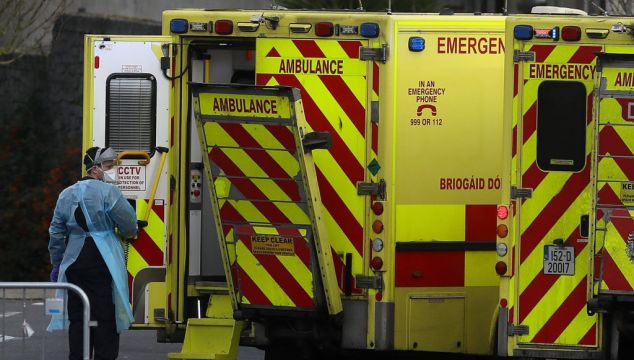A representative for the National Ambulance Service has called on the public to consider “alternative pathways” in medical emergencies because there could be “significant delays”.
Brendan Flynn told RTÉ radio’s Morning Ireland that the ambulance service is under increased pressure. This was not new at Christmas and into the New Year, he said, but Covid has exacerbated the crisis.
The service was now at level 3 surge capacity which meant that they were asking staff on annual leave to return to work if they could cancel their plans, they were also urging staff on sick leave to “get back as quickly as they can” to “put as many ambulances on the road as practically possible.”
Mr Flynn said that the current pressure on the service meant that “unfortunately” there would be delays because of the increased pressures on the system in recent years. This was down to the “chronic under-investment” of the ambulance service.
"We just need more resources, it’s as simple as that," Mr Flynn said.
Compared to other international ambulance services, Ireland did not have the staff numbers to meet demand, he said.
While the ambulance service would do everything it could, there “certainly” are going to be delays, he warned.
“We will do everything we can to respond to all emergency calls,” Mr Flynn said.
Life-threatening emergency calls would be prioritised but “lower acuity calls” could be left waiting “a significant amount of time”, he said.
Mr Flynn advised the public to consider all their options before calling 999 or 112.
“There are other options available,” he added.
Not all emergency calls required an ambulance, he said.
“There are alternative pathways for people to consider before calling an ambulance.
“That doesn’t mean we don’t want people to call an ambulance for life-threatening emergencies”.
If people had a chest pain or the signs or symptoms of a stroke they should call an ambulance, he explained. The fear is that the people who most needed an ambulance would not call for one, added Mr Flynn.







